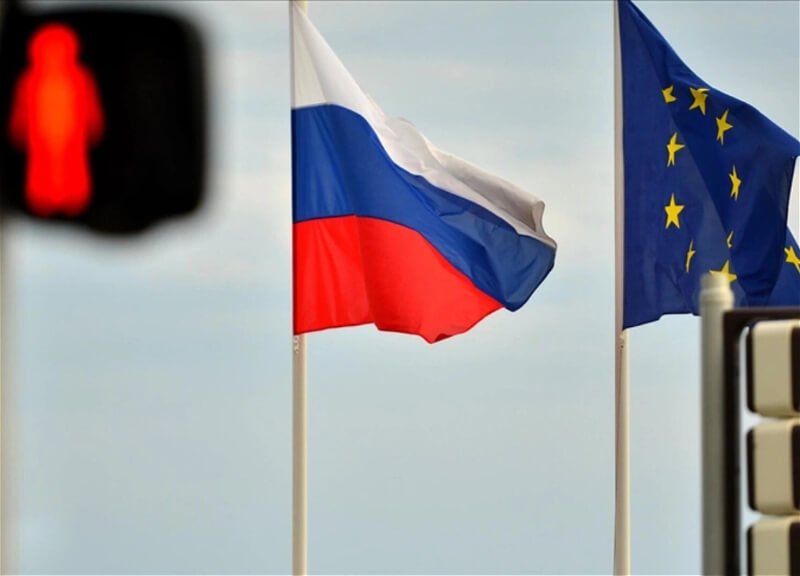In recent months, Armenia’s foreign policy has shown a clear geopolitical shift—from Moscow toward Brussels and Washington.
But behind the bold declarations and sharp gestures against Russia lies not a coherent strategy, but political disorientation. Losing its traditional ally, Armenia is desperately seeking Western support—but finding only temporary partners who won’t take responsibility for a weak, crisis‑ridden neighbor.
For decades Armenia’s foreign and defense policy depended on close ties with Russia: the CSTO, Russia’s military base in Gyumri, and economic and energy reliance offered formal security but were costly dependencies.
After the 2020 Karabakh war, Moscow’s influence in Yerevan eroded rapidly. The army’s defeat triggered public outrage, and Prime Minister Pashinyan shifted blame to the Kremlin, ramping up anti‑Russian rhetoric. Between 2022 and 2025 Armenia effectively froze CSTO membership, stopped joint drills, blocked decisions, and distanced itself entirely from Russia.
In this context, Yerevan embraced talk of euro‑integration, NATO rapprochement, and shared Western values—expecting strong backing in return. But Western support has been cautious, tactical, and far less committed.
Yes, Armenia has received more verbal backing, expanded European missions, and seen intensified humanitarian initiatives. But these fall short of firm security guarantees and strategic engagement.
Caught in internal political debates, Armenian authorities face accusations from all sides: yesterday’s anti‑Russian opponents now fear losing sovereignty to the US.
A recent post by ruling‑party MP Arsen Torosyan captures this confusion: Russian agents are portrayed as seeking a corridor through Armenia, while the government seeks to “unblock all communications.” The result: a power struggle not over national interests but about whom Armenia should pivot toward geopolitically.
Meanwhile Armenia risks diplomatic isolation. Neighbors like Turkey and Azerbaijan see it as unreliable. Georgia stays cautiously neutral. Southern countries work with Baku as a pragmatic, sovereign partner.
Yerevan’s attempts to use foreign‑policy realignment for internal legitimacy collide with geopolitical reality: no Western ally is willing to endorse Armenian territorial claims or challenge the Karabakh status quo. Any delay in reconciling with Azerbaijan is increasingly unwelcome in international forums, where Baku is seen as the actor committed to stability and integration.
Armenia is now a country with no strategic anchor. Russia is rejected—but still influential. The West is attractive—but not deeply engaged. The region is pragmatic—but intolerant of uncertainty and destabilizing rhetoric.
By contrast, Azerbaijan appears confident, independent, and stable, building strategic partnerships from Europe to the Global South based on sovereignty, international law, and balanced interests.
Armenia still has time to choose a path—but the window is closing rapidly. The longer Yerevan clings to illusions and postpones reality, the harder it will be to escape political isolation.


